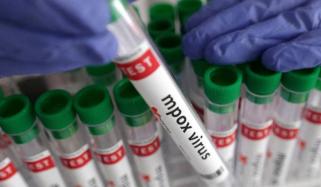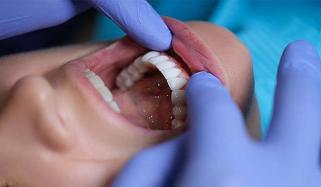
A recent study revealed that the risk of heart attack or stroke significantly increases after contracting flu or COVID.
According to a research published in the Journal of the American Heart Association, people are four times more likely to experience any cardiac event and five times more likely to face stroke within a month of influenza infection.
Researchers found COVID increases stroke and heart attack threefold within 14 weeks, with increased risk lasting up to a year.
It’s worth noting several chronic infections, including human immune virus (HIV), shingles, and hepatitis C, may also increase risk of cardiovascular risk, though less sharply in contrast to COVID and flu.
According to the study, HIV increases the risk of cardiac attack by 60%, while stroke risk may rise by 45%.
Moreover, hepatitis may increase the risk of heart attack by 27%, with 23% higher stroke risk.
Shingles may increase the heart attack risk by 12%, and stroke risk by 18%.
Adjunct associate professor at UCLA, Kosuke Kawai stated, ‚ÄúMoreover, shingles affects about 1 in 3 people in their lifetime. Therefore, the elevated risk associated with that virus translates into a large number of excess cases of cardiovascular disease at the population level.‚ÄĚ
Vaccination minimises risk
The review, which gathered data from 155 studies published between 1997 and 2024, also highlighted the protective role of vaccination.
Flu, COVID, and shingles vaccines may reduce heart attack and stroke risk. One 2022 review discovered a 34% reduced risk of any major cardiac events among flu vaccines.
‚ÄúPreventive measures, including vaccination, may play an important role in decreasing cardiovascular disease risk,‚ÄĚ Kawai said.
The researcher added, ‚ÄúPrevention is especially important for adults with existing heart disease or risk factors.‚ÄĚ












